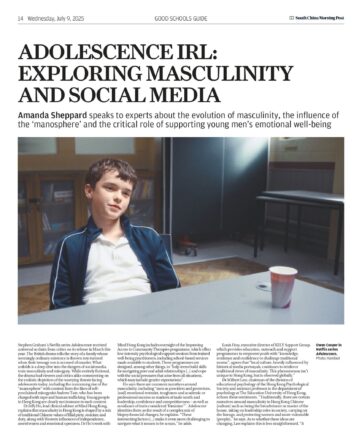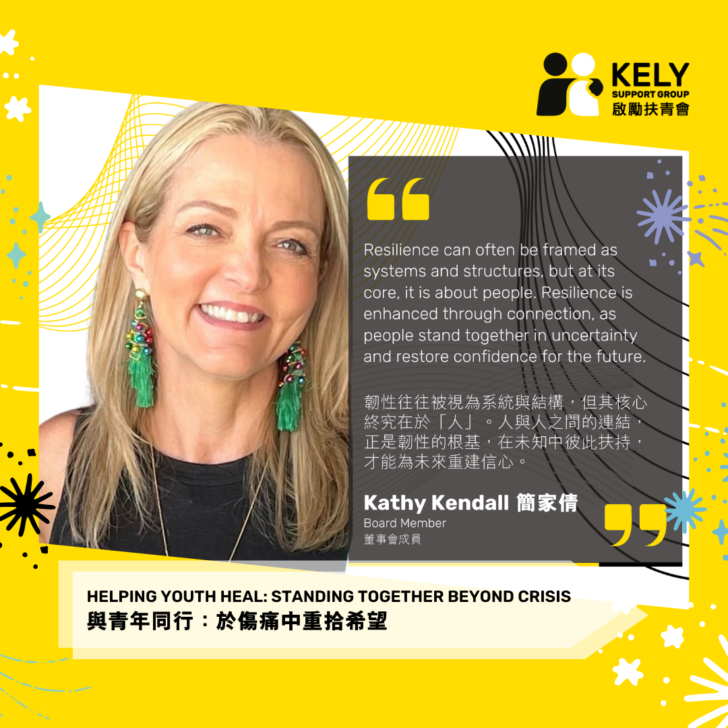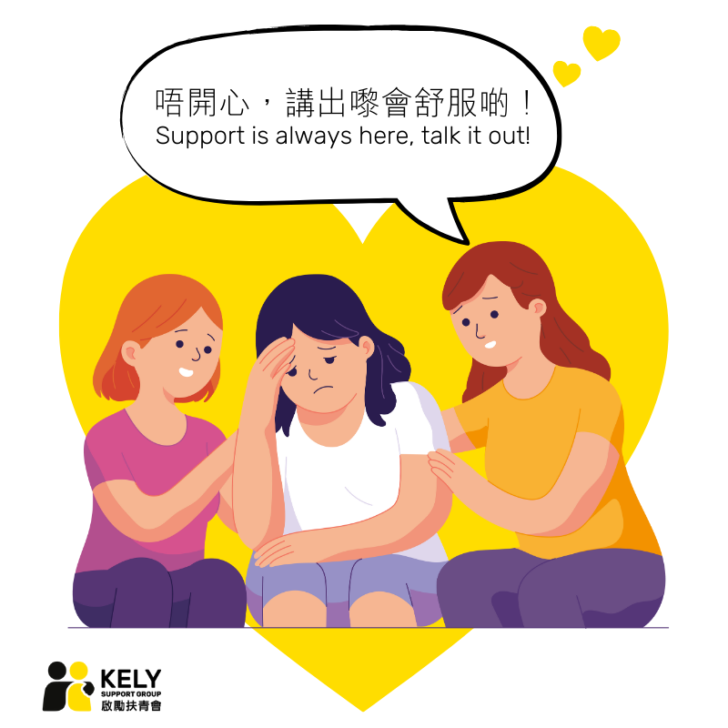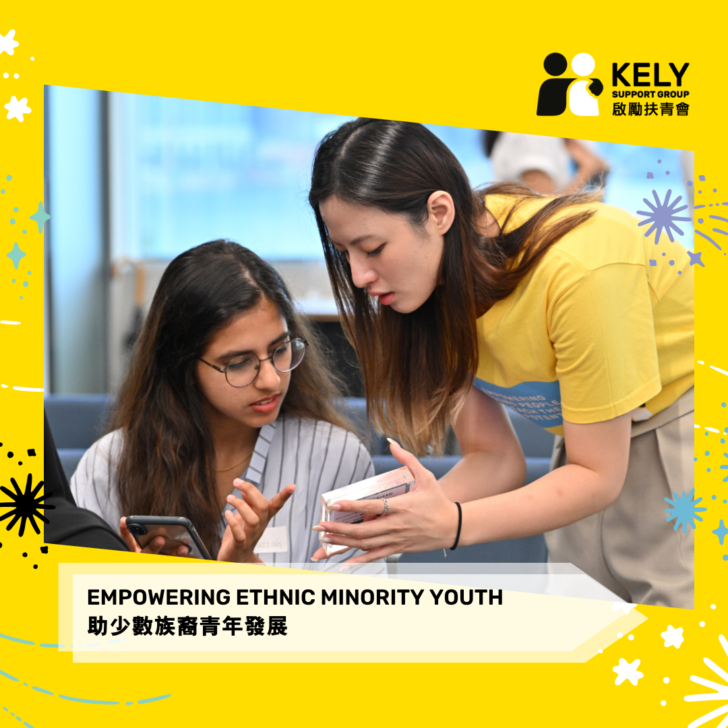Masculinity Reimagined: Building Healthier Perspectives
(EN only)
Masculinity Reimagined: Building Healthier Perspectives
With the growing discourse surrounding mental health issues in recent years, there has been a rise in societal support and public advocacy for greater awareness of the psychological struggles that men face. Specifically, as the critically acclaimed Netflix show Adolescence examines, the accessibility of social media today has exposed young males to an exceedingly diverse range of portrayals of what it means to be ‘a man’, leading to potentially toxic and harmful perceptions of masculinity.
While some expressions of masculinity can be positive and empowering, others tend to embody radical and harmful ideas that encourage aggressive and hostile behaviours, consequently promoting restrictive gender norms. Let’s delve deeper into the concept of masculinity and gain a better understanding of how we can support young men in forming healthy and well-rounded identities.
Traditional Narratives of Masculinity in Hong Kong
As the vast majority of the population in Hong Kong is ethnically Chinese, the foundations of its society are deeply rooted in Confucian philosophies, which emphasise family responsibility, emotional restraint, and strength. For centuries, Chinese men have been expected to fulfil the duties of a filial son by acting as the primary financial provider, which places significant pressure on men to shoulder the immense burden of being the breadwinner and ‘leader’ of the family.
Even in the modern age, young men are often still raised to perceive moments of emotional vulnerability, such as crying or showing signs of fear, as expressions of weakness. As a result of the rigid social roles that men are expected to conform to and the glorification of certain traits, such as toughness and dominance, many men avoid showing vulnerability, exacerbating psychological distress and feelings of isolation among men.
Changes in Attitudes Surrounding Masculinity in Recent Years
On the bright side, sentiments surrounding the role of men in Hong Kong’s society appear to be slowly transforming, as younger generations adopt a more progressive attitude towards gender norms. As discussions surrounding male mental health have become more commonplace in recent years, many male-oriented mental health organisations are now focusing on creating resources to support the well-being and positive development of young men.
Occurring alongside the gradual yet significant overhaul of outdated and traditional expectations of male self-expression is the emergence of ‘soft’ masculinity, which encourages men to display a more tender and gentle side. The expression of a broad and more diverse range of emotions that soft masculinity advocates directly contrasts with the stoicism and assertiveness that men have historically been required to maintain, signalling a significant deviation from past attitudes toward masculinity. However, the oppressive rules that govern men's behaviour persist today, and some young men may still struggle to form genuine and intimate connections with others as a result of being confined to these restrictive social norms.
The Role of Social Media in Shaping the Perception of Masculinity Among Adolescent Males
Social media and online platforms are powerful tools that play a critical role in shaping adolescents' understanding of masculinity in the modern world, particularly because teenage minds are still developing and vulnerable to external influences and pressures. Serving as a double-edged sword, social media can offer both a safe space for healthy discourse to take place, as well as be used to perpetuate harmful ideas surrounding masculinity:
Positive Influences
Exposure to diverse masculine ideals through influencers promoting emotional vulnerability, body positivity, and non-traditional interests.
Online communities that foster belonging through shared experiences.
Platforms for open discussion about mental health, relationships, and self-identity.
Access to progressive gender discourses that challenge traditional stereotypes.
Significant Risks
Reinforcement of hyper-masculine stereotypes glorifying aggression or dominance.
Pressure to conform to narrow beauty standards and behavioural norms.
Cyberbullying and harassment that punish emotional expression.
Development of self-worth tied to external validation metrics.
Exposure to toxic masculinity narratives in some online communities
In today’s complex digital world, youth often struggle to develop healthy self-concepts and critically navigate pervasive social media ideals and validation.
How We Can Help
One key step we must take to challenge harmful masculine stereotypes is breaking the silence around mental health and masculinity by providing safe, non-judgmental spaces where young men feel comfortable discussing their feelings, struggles, and deeper topics related to relationships and identity.
Here at KELY Support Group, we strive to assist youth in Hong Kong in navigating the complexities of discovering their identity and gender expression by providing an accepting and inclusive environment that promotes free self-expression and embraces their authentic selves. We also empower young people with the knowledge, skills, and opportunities to flourish and pursue their ambitions.
As a society, we can further address the topic on multiple levels. On an individual level, encouraging young people to explore their feelings and understanding of male mental health and masculinity through creative expression provides a meaningful outlet and opens pathways for deeper conversations. Inviting positive role models—such as athletes, educators, or community leaders—to share their experiences can inspire youth to embrace emotional openness and redefine traditional masculine norms.
At the community and societal levels, families and schools play a critical role in fostering safe spaces for gender-sensitive mental health education, incorporating gender topics into curricula, and empowering parents through workshops to support open communication. Organisations increasingly offer tailored mental health resources for young men, including counselling and helplines. Meanwhile, leveraging social media to promote diverse and healthy masculine narratives can challenge harmful stereotypes, helping to create a culture that values emotional well-being and authenticity.
Conclusion
Expressing emotions is not a sign of weakness or emasculation—rather, it is a demonstration of the strength found in being genuine and vulnerable. Therefore, as a society, we must actively promote healthy masculinity by fostering open conversations, providing positive role models through social media platforms, and ensuring that society becomes a safe space where young men can express themselves authentically without fear of judgment. By equipping young men with the tools to critically engage with media portrayals of masculinity, we empower them to construct inclusive and authentic identities.
-----
For more details, please refer to SCMP article: link






